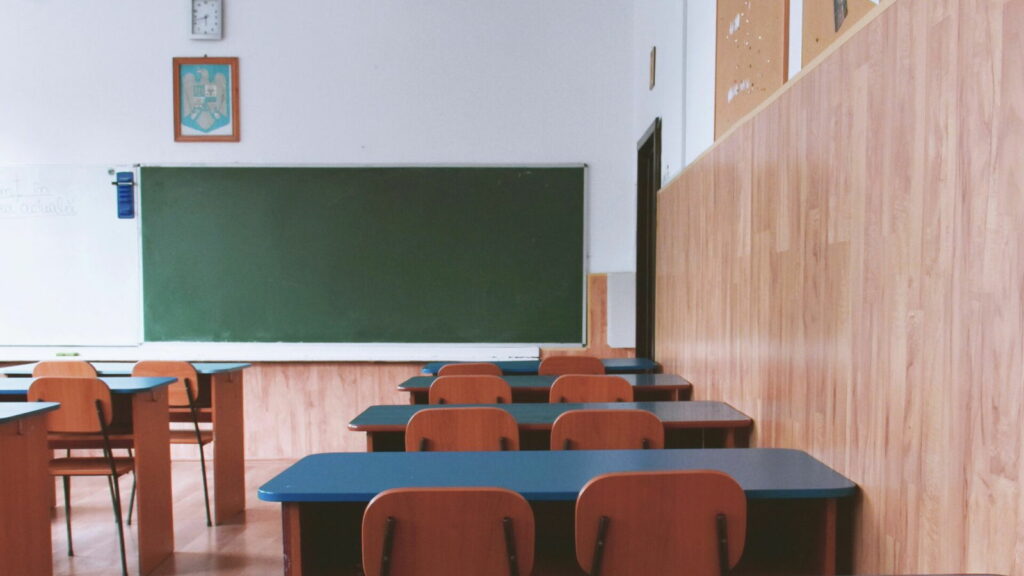By Familyguide Contributor
The negative impact of social media and smartphones on teenagers continues to grow, prompting some governments to take action by limiting teen access to these platforms.
In the United Kingdom, education officials are working on implementing bans on mobile phone use in schools. Gillian Keegan, the Secretary of State for Education, emphasized that schools should be places for learning, socializing, and education, not for being glued to mobile devices.
Some institutions are taking matters into their own hands. For instance, a school in Hertfordshire announced in May that students under 14 would no longer be allowed to bring smartphones to school.
Similar restrictions have been implemented in various states and school districts across the United States. For example:
An Iowa school district recently banned phones, resulting in positive outcomes for students...
California has also taken steps to address this issue. Last month, legislation was passed requiring all public schools in the state to either ban or restrict phone use on campus.
According to ABC 7, the Phone-Free Schools Act, introduced by Assemblyman Josh Hoover, gives public schools until July 2026 to develop a plan for banning or limiting smartphone use. Some districts, including Los Angeles Unified, have already implemented their own bans.
The concern over social media and phone use stems from alarming statistics. The Telegraph reported significant increases in suicide rates among young people between 2010 and 2015, coinciding with the widespread adoption of smartphones.
Social psychologist Jonathan Haidt has been vocal about the social media epidemic, particularly in his book "The Anxious Generation." He criticizes tech companies for their lack of research on the mental health effects of their products on young users.
The situation has become so serious that U.S. Surgeon General Vivek Murthy has called for warning labels on social media platforms. He stated, "The mental health crisis among young people is an emergency — and social media has emerged as an important contributor."
Murthy has also suggested that 13 is too young for children to join social media platforms, recommending that parents work together to delay their children's exposure to these sites until they are older.
As concerns continue to mount, it's clear that addressing the impact of social media and smartphones on teens' mental health will remain a priority for educators, health officials, and policymakers in the coming years.
You may also like
-
Actress’ Baby Only Wanted THIS?! God SHOCKED Her With The Truth!
-
Discord: Is Your Child's Soul at RISK? (The TRUTH Parents MUST Know!)
-
Candace Cameron Bure's Kids Asked Her *This* Question About Faith?!
-
Hollywood Star's Secret Weapon for Sharing Faith Fearlessly!
-
PBS Kids Just Did WHAT?! The Future of Family Gaming is Here!

